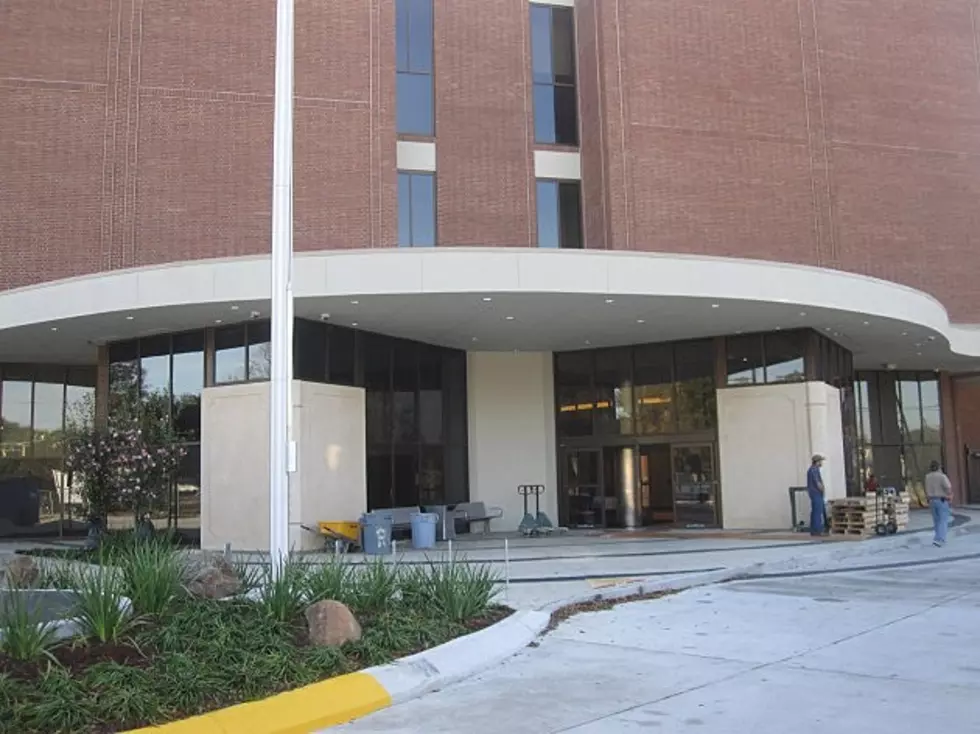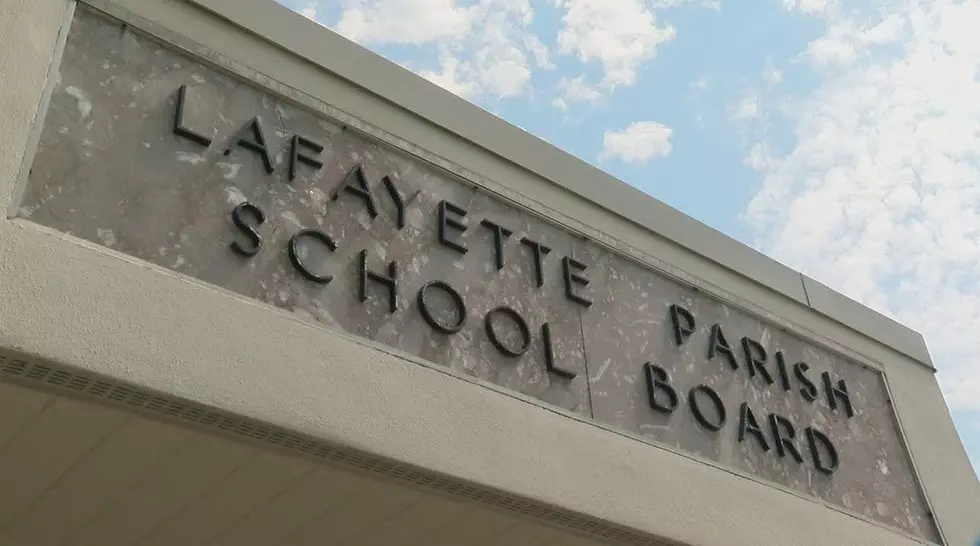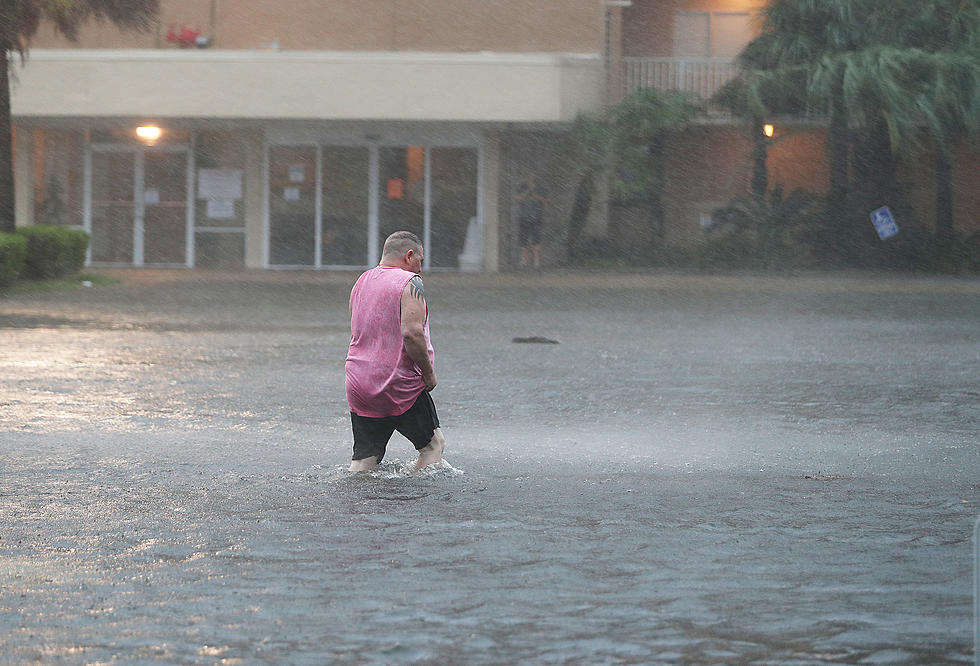
COMMENTARY: Lafayette Library Board Censorship Crusade Is Dangerous
Once again, the Lafayette Public Library is making national headlines for all the wrong reasons.
Bookriot.com, a website "dedicated to the idea that writing about books and reading should be just as diverse as books and readers are," picked up the story about the library system's board of control changing its rules regarding who sits on the system's reconsideration committee. Previously, two librarians and one board member comprised that committee. Now, two board members and one librarian will decide if challenged materials will stay in circulation.
That decision comes after a Lafayette political operative challenged three works housed in the Lafayette Public Library's branches. The first challenge, filed last summer, asked the board to consider removing This Book Is Gay, a guide to sexual health for LGBTQ+ teens by trans author Juno Dawson, from the library. Two reviews, one positive and one negative, are below for your consideration.
The second challenge, filed earlier this year, sought to have The V Word: True Stories about First Time Sex removed from the library's shelves. We found no video book reviews for this particular work, but the books summary describes it as "[a]n honest and poignant collection of essays by women about losing their virginity in their teens" which "[i]ncludes helpful resources for parents and teens."
The latest challenge seeks to have the documentary Scotty and the Secret History of Hollywood, a documentary that tells the story of Scotty Bowers, who claimed to be a sexual procurer for gay actors.
All three challenges claim the works have explicit sexual content and should be banned from the library. In the case of This Book is Gay, the challenger was also upset that the book was included in the teen section of the library. The book, which was written for a teen and young adult audience, was ultimately moved out of the teen section and into the library's regular collection.
The reconsideration committee rejected the challenges to This Book Is Gay and The V Word. On Wednesday, the committee will take up the challenge of Scotty and the Secret History of Hollywood. Because the challenge was filed prior to the library board changing the reconsideration committee's makeup, two librarians and one board member will consider the challenge.
These challenges are the latest attempts to suppress materials that certain board members and others in the community feel are not suitable for our population. In February 2021, the board rejected a Louisiana Endowment for the Humanities grant that would have funded a discussion about the history of voting rights. Board member Doug Palombo, who was board president at the time, said the board "should remain a politically neutral, or apolitical, entity." Palombo added that then-library director Theresa Elberson failed to "comply with that goal by securing one speaker from each side of the aisle to fairly represent opposing positions on the current controversial voting issues in the program, such as voter ID laws, voter rights of felons, and the electoral college." In June 2021, then-board member Hilda Edmond questioned the library's Pride Month book displays. At the time, she said she was concerned the library was venturing into political and controversial territory. In 2018, two current board members, current board president Robert Judge and Stephanie Armbruster, openly and vocally opposed the proposed Drag Queen Story Time event scheduled to take place at the library.
The board members who are opposed to the works that have been challenged have their right to object to those books on moral, religious, or any other grounds. That's the right. It's also the right of every resident of Lafayette Parish to be able to read and view those works regardless of the moral, religious, or other opinions of the people who sit on the Lafayette Public Library board of control. In fact, the members of the Lafayette Public Library Board of Control have the obligation to protect the rights of every person to be able to pursue knowledge, regardless of what they may think of certain topics or materials. Any act to ban books or videos some people find offensive, including the recent vote stack the reconsideration board with political appointees, is tantamount to censorship.
Censorship, in any form, is dangerous. In this particular case, the board's attempt censor certain books creates a chilling effect for those who seek knowledge. The library provides a safe haven for people of all ages and all walks of life to learn about subjects they may be uncomfortable discussing with others. For teens that want to learn about sexual health, the two books challenged in Lafayette Parish allow them to learn about their bodies. For the teens seeking that information, those books can provide answers that their parents may not have or don't want to discuss. Removing these books would cause these teens to seek that information in less reliable places, including the internet.
In general, censorship is a major threat to the First Amendment rights to freedom of speech and freedom of assembly. People have the right to read and publish what they wish, to think and believe in whatever it is they believe in, and to share their beliefs with others. However, their beliefs cannot and shall not be used to stifle the rights of others who disagree with their beliefs. Removing books from the library because they offend the sensibilities of a vocal minority tramples on the rights of everyone else.
In November, the American Library Association acknowledged the recent attempts at book censorship in the United States, including here in Lafayette.
"In recent months, a few organizations have advanced the proposition that the voices of the marginalized have no place on library shelves," ALA leaders said in a press release. "To this end, they have launched campaigns demanding the censorship of books and resources that mirror the lives of those who are gay, queer, or transgender or that tell the stories of persons who are Black, Indigenous, or persons of color. Falsely claiming that these works are subversive, immoral, or worse, these groups induce elected and non-elected officials to abandon constitutional principles, ignore the rule of law, and disregard individual rights to promote government censorship of library collections."
The ALA's statement continued by saying it condemned these acts of censorship, calling them unconstitutional.
"We champion and defend the freedom to speak, the freedom to publish, and the freedom to read, as promised by the First Amendment of the Constitution of the United States," the organization's leaders wrote. "We stand opposed to censorship and any effort to coerce belief, suppress opinion, or punish those whose expression does not conform to what is deemed orthodox in history, politics, or belief. The unfettered exchange of ideas is essential to the preservation of a free and democratic society.
"Libraries manifest the promises of the First Amendment by making available the widest possible range of viewpoints, opinions, and ideas, so that every person has the opportunity to freely read and consider information and ideas, regardless of their content or the viewpoint of the author," the statement continues. "This requires the professional expertise of librarians who work in partnership with their communities to curate collections that serve the information needs of all their users."
The ALA is right. The only challenge in which a library should be involved is challenging the beliefs of its patrons. A library free of censorship and fully open to knowledge is the only way this can happen. Librarians should curate what materials are included on their library's shelves--not political appointees or political operatives. The Lafayette Parish Library board's role is to preserve and protect the First Amendment rights of its patrons, the citizens of Lafayette Parish. The board should focus on doing its job and allow the professional librarians decide what books are on the library's shelves.
Seven Forgotten Facts About Lafayette
Lafayette: 1981 vs. 2021
The Seven Modern Wonders of Acadiana
Things to See and Do in New Iberia
Lafayette TV Icons: Where Are They Now?
Tumbleweavesnh of Acadiana
More From News Talk 96.5 KPEL









